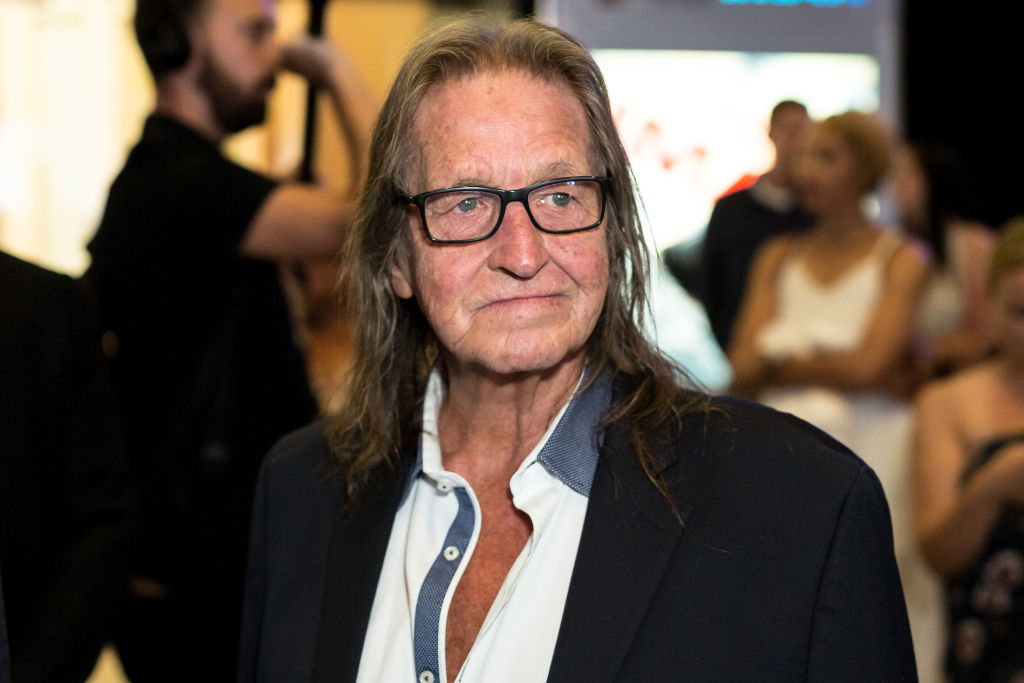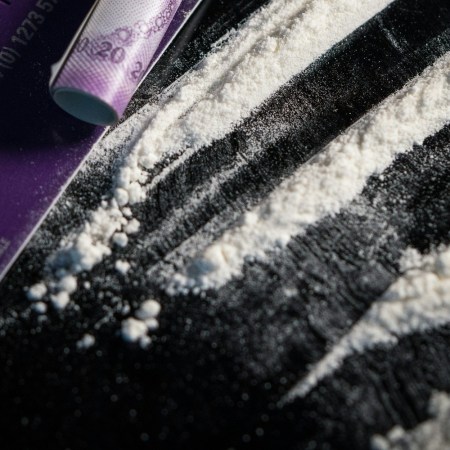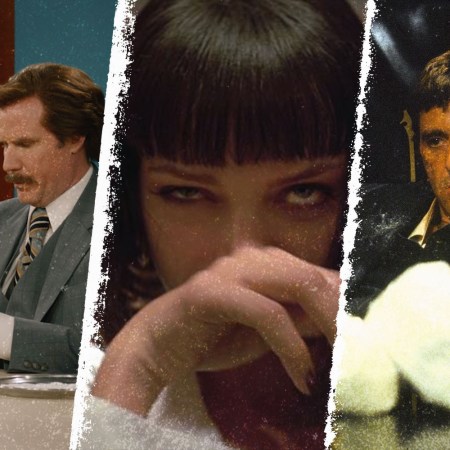Was George Jung the best-known drug dealer of all time? The arc of his life, which included several stints in prison and a high-profile biopic, suggests that he was. Jung died on Wednesday at the age of 78 in Weymouth, Massachusetts, his hometown. Over the course of his life, he helped to transform the way cocaine was distributed — playing a crucial role in the rise of drug kingpin Pablo Escobar, with whom Jung worked.
At The New York Times, Katharine Q. Seelye looked back over Jung’s long and notorious life. Initially, his drug of choice was marijuana, which he was involved in the selling and smuggling of. In 1974 he was arrested and ended up in federal prison, where he met Carlos Lehder Rivas. There, Jung suggested applying what he’d learned about smuggling to a different drug: cocaine. Seelye writes that their partnership “helped alter the American drug scene by introducing large quantities of cocaine, which until then had been little used.”
Jung was the subject of the 2001 film Blow, directed by the late Ted Demme and starring Johnny Depp. The film received mixed reviews, several of which focused on the real-life figure at its center. “The failure is George Jung’s,” wrote Roger Ebert on the film’s release. “For all the glory of his success and the pathos of his failure, he never became a person interesting enough to make a movie about.”
Writing in Slate, David Edelstein was especially critical of both Jung and the film, referring to one scene in particular as “one of the most florid pieces of male victimization ever filmed.”
Jung referred to himself as an outlaw. The Times cites a Boston Globe interview from 1993, in which Jung said, “A gangster is a person who steals and cheats and takes. I never took. I just gave.” The caption on the Instagram post announcing his death included the phrase “#the last #outlaw.”
“[H]e never publicly expressed regret for his role in fueling the nationwide coke epidemic of the 1980s,” Seelye notes at the Times. As legacies go, that’s an especially harrowing one to have.
Thanks for reading InsideHook. Sign up for our daily newsletter and be in the know.


















